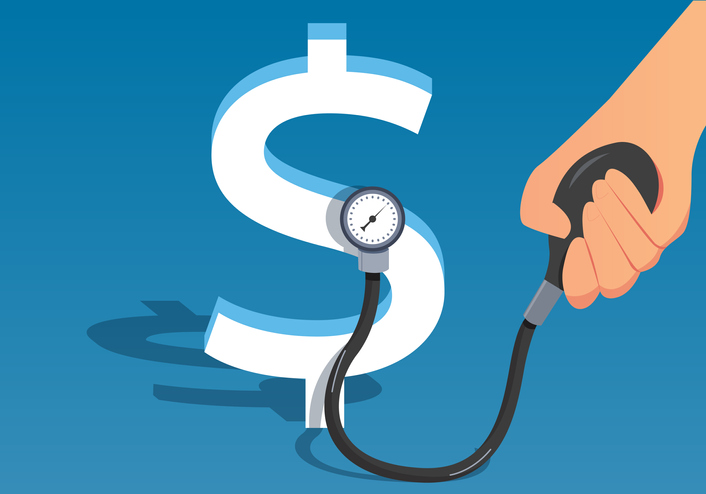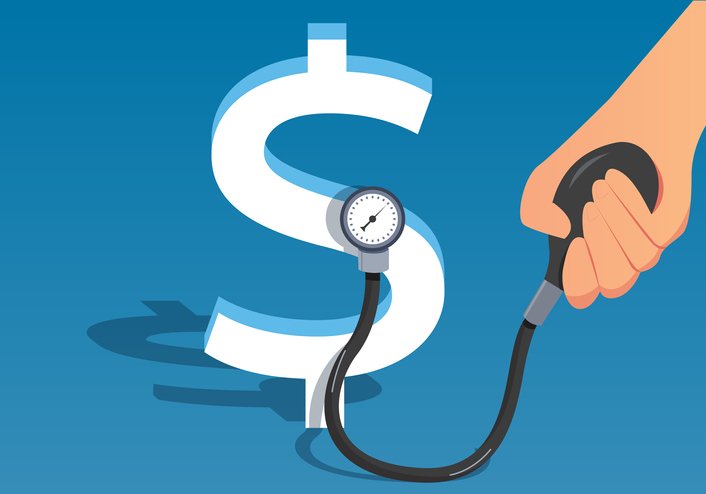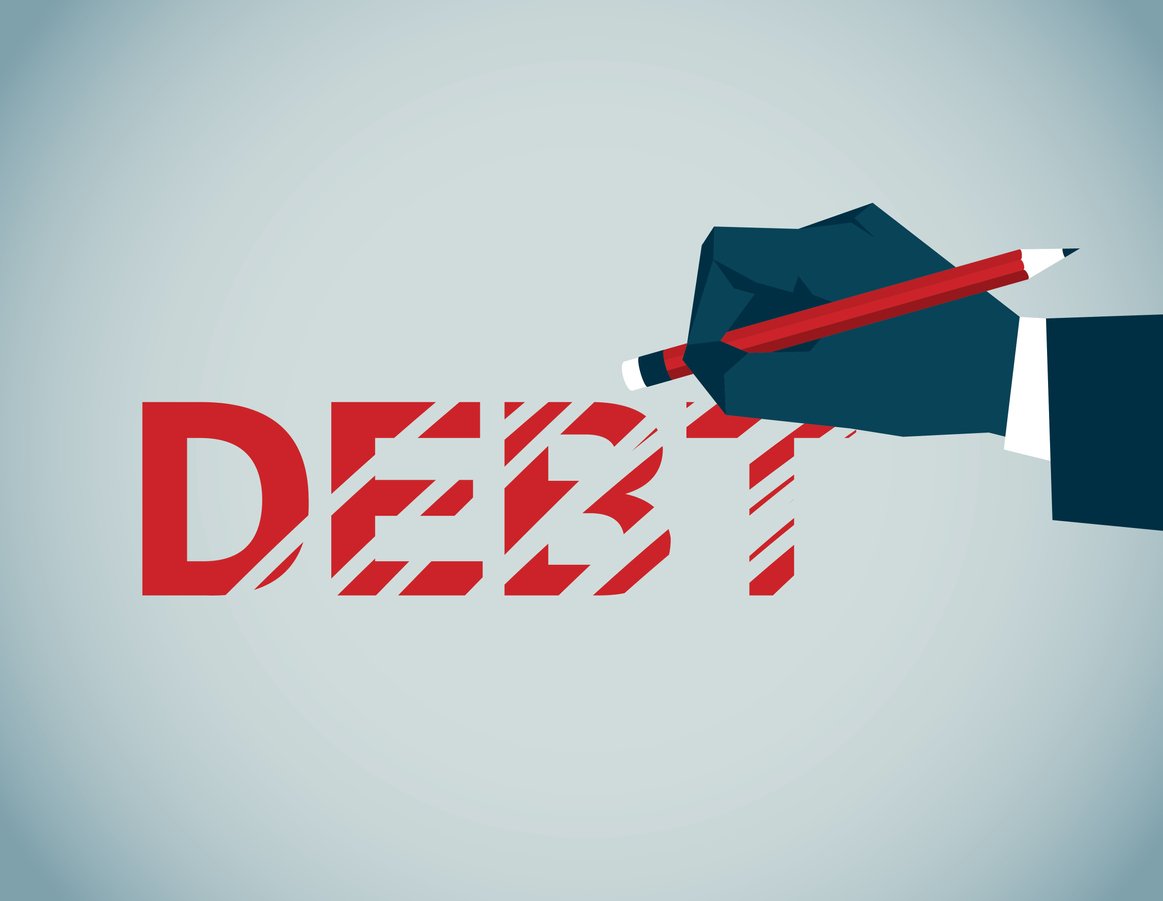
Despite what you may have heard, your cell phone payment history does affect your credit score.
Cell phone accounts work differently than a credit card or a line of credit. A cell phone is an open or “O” account, which means the balance has to be paid in full at the end of each month.
There is no such thing as a minimum payment with an “O” account like there is with credit cards and lines of credit. You can’t just pay a portion of your bill. The amount that you see on your statement has to be paid in full otherwise your credit score will suffer.
Unfortunately, many Canadians don’t view paying their cell phone bill in full or on time as being as important as other payments. Lenders disagree. The bank underwriters (the people who review your application) are thinking, “If you can’t make or keep track of a cell phone payment, what are the chances that you are going to be responsible with your mortgage payment?”
Costly Missed Payments
Let’s take a look at one borrower, John, who was declined for best-rate mortgage financing on the purchase of a new house because he had three late payments on his cell phone bill during the last two years. His argument wasn’t unique.
 “I called (the phone company) before the payment was due and asked if I could pay half of the bill this month and the remainder of the outstanding balance the following month,” he said. “The customer service rep told me that it was okay to take a couple of months to get caught up.”
“I called (the phone company) before the payment was due and asked if I could pay half of the bill this month and the remainder of the outstanding balance the following month,” he said. “The customer service rep told me that it was okay to take a couple of months to get caught up.”
Susan and Frank found themselves in a similar situation. They were approved for mortgage financing but were then declined at the last minute due to a recent late payment showing up on their report in the same week they were supposed to be moving.
Arranging a mortgage and preparing for a move is stressful enough without having a financing issue in the eleventh hour. In the end they were able to find a resolution, but it resulted in a delayed closing. They had to get approved by a different lender at a higher rate. In addition to all the stress and time, this small mistake ended up costing them $3,459.28.
Despite what they tell you, late payments will continue to be recorded until your account is caught up. Underwriters will look at an applicant with an outstanding balance as someone who is not in control of their finances. It will drop your score and hurt your chances of being approved for best rates and terms.
A Matter of Principle
It’s common for consumers to not make a payment because they were unfairly charged or they found a mistake on their bill. On principle, I understand that you might not want to make the payment, however, even if you are disputing the charge, it will not stop the negative item from showing up on your credit report.
And keep in mind that one late payment can be enough to negatively impact your best rates and terms for future financing. Your cell phone company will start the collection process if an overdue balance is not paid within 60 to 90 days.
As you can guess, a collection appearing on your report does not help your credit score. Many of my clients echo my caution, and in hindsight wished they had simply paid the bill in the first place. If you find yourself in this situation, my suggestion is to clear the amount owing first, and then dispute the charges. That way it doesn’t lower your score or cause you to get charged higher rates just because of one account.
Warning…Warning
 If you have paid out or closed your cell phone account, make sure you get something in writing to confirm that there is no outstanding balance owing.
If you have paid out or closed your cell phone account, make sure you get something in writing to confirm that there is no outstanding balance owing.
The same goes for an outstanding amount or settled collection. Don’t take anyone’s word for it or assume that it will be updated on your credit report. Are you starting to see a trend? Whatever you do, get confirmation in writing! If you don’t, it will make trying to correct the error even more difficult.
The only way to avoid having your cell phone report on both Equifax and TransUnion is to go with a pay-as-you-go contract. If you are on any other type of plan, keep your fingers crossed. You don’t want to be one of the unlucky ones to have a cell phone error or problem tarnishing your credit. To improve your chances of avoiding any issues, ensure you pay the full amount owing each month and keep good records.


 Here are a few scenarios this might help with:
Here are a few scenarios this might help with: One scenario: maybe a furniture store or a home improvement store offered you “don’t pay for one year.” The balance you are carrying on this card might be relatively small, but if it’s at or over the actual card limit, this is dragging down your personal credit score. Consider paying it off now!
One scenario: maybe a furniture store or a home improvement store offered you “don’t pay for one year.” The balance you are carrying on this card might be relatively small, but if it’s at or over the actual card limit, this is dragging down your personal credit score. Consider paying it off now! This is especially important when your limits are not very large. Suppose you are a model citizen who uses her credit card frequently, and pays the balance in full every month after receiving the monthly statement, and before the due date.
This is especially important when your limits are not very large. Suppose you are a model citizen who uses her credit card frequently, and pays the balance in full every month after receiving the monthly statement, and before the due date. The Takeaway
The Takeaway
